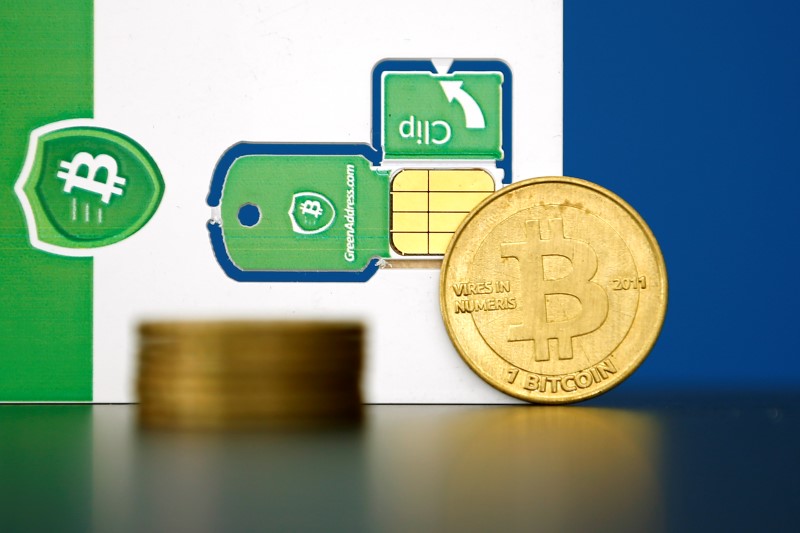Benzinga - Fintech trading app Robinhood (NASDAQ: HOOD) could delist the tokens named in lawsuits by the Securities and Exchange Commission against Binance and Coinbase this week, a representative for the company told a Congressional committee.
"We are actively reviewing the SEC analysis to determine what, if any, actions to take in that regard," said Robinhood Chief Legal Compliance Officer Dan Gallagher, a former SEC commissioner, while testifying before the House Agriculture Committee on Tuesday.
The company possesses a broker-dealer license for the trading of securities. Still, Gallagher didn't think the company could use that to trade the tokens named as unregistered securities by the SEC, including Solana, Polygon, and Cardano, in those two enforcement actions.
But the lack of disclosures standard for other security investments from those projects would hinder re-listing them, Gallagher testified.
"Compulsory disclosure in the digital asset space is missing," said Gallagher when asked how a retail investor could understand what they're buying when investing in crypto.
Industry witnesses, including Gallagher, former Commodity Futures Trading Commission Chair Christopher Giancarlo — who now is senior counsel at the law firm Willkie — and Coinbase Chief Legal Officer Paul Grewal sought to define exactly what should be disclosed for potential crypto investors.
"Some investors want to look at quantitative measures, like discounted cash flows, some want to look at qualitative, like who's the management team, who formed this, in this instance, what does the coin do, what network is it on, is it stakeable?" elaborated Gallagher. "All of these other features that might be important to it."
Rep. John Duarte, R-Calif., sounded skeptical about how disclosures could work with crypto projects. Duarte compared crypto to special purpose acquisition companies, an unorthodox vehicle to publicly offer stock in recent years, that has also been the target of criticism over lack of disclosures and poor outcomes for retail investors.
"So we don't know what we're disclosing, but we're going to be disclosing something. It's not earnings, it's not business strategy, it's just something," said Duarte. "What is your competitive advantage, what is your unique value proposition, what is your business strategy, what are you going to do better than what other companies aren't already doing, what resources do you have, what's your talent pool?"
"I don't see how any of that fits into describing how we value a crypto asset," concluded Duarte.
Later in the hearing, Giancarlo told the committee that he believed analysis firms like Chainalysis might be able to provide enough analysis for investors instead of financial disclosures being issued when new tokens are publicly offered.
"There is no disclosure on coal or wheat or other commodities from a central party," said Giancarlo. "They rely on third parties to provide a lot of that data set."
The former CFTC chair continued: "We shouldn't have to use old forms to think that there should be somebody in the center that's issuing disclosure, there will be third parties stepping up to provide very good analysis that people investing in digital commodities will look to."
Read the Full Article at The Block
© 2023 The Block Crypto, Inc. All Rights Reserved. This article is provided for informational purposes only. It is not offered or intended to be used as legal, tax, investment, financial, or other advice.
Image by GuerrillaBuzz on Unsplash
